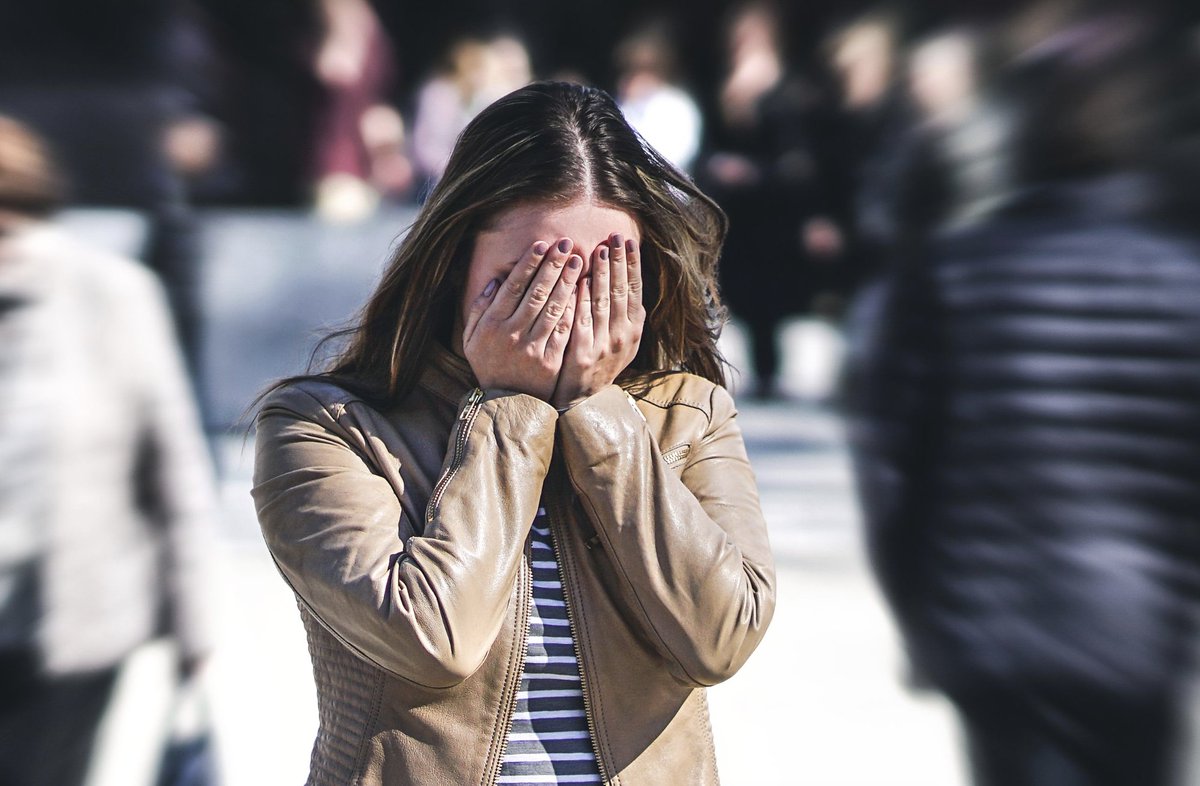Anxiety attacks, also known as panic attacks, are intense periods of fear or discomfort that are accompanied by physical and psychological symptoms. These symptoms can be overwhelming and may feel similar to a heart attack or other serious health issue. Anxiety attacks can be triggered by various factors, including stress, genetics, or environmental factors.
Symptoms of an anxiety attack can include:
Physical symptoms:
Rapid heartbeat
Chest pain or discomfort
Shortness of breath or difficulty breathing
Dizziness or feeling faint
Trembling or shaking
Sweating
Nausea or stomach pain
Choking feeling
Hot flashes or chills
Numbness or tingling sensations
Psychological symptoms:
Feeling of impending doom or danger
Fear of losing control or going crazy
Feeling detached from reality or oneself
Intense worry or fear
Difficulty concentrating
Feeling restless or on edge
Difficulty falling or staying asleep
Treatment for anxiety attacks usually involves a combination of therapy and medication. Here are some treatment options:
Cognitive-behavioral therapy (CBT): This type of therapy focuses on changing negative thought patterns and behaviors that contribute to anxiety. CBT can be done individually or in a group setting.
Exposure therapy: This type of therapy involves gradually exposing the person to the things that trigger their anxiety in a controlled and safe environment. This can help the person learn to cope with their anxiety in a more effective way.
Medication: There are several types of medication that can be used to treat anxiety, including selective serotonin reuptake inhibitors (SSRIs), serotonin-norepinephrine reuptake inhibitors (SNRIs), and benzodiazepines. These medications work by altering levels of certain chemicals in the brain that are involved in mood and anxiety. It’s important to work with a healthcare professional to determine the best medication and dosage for you.
Lifestyle changes: Making changes to your lifestyle can also help manage anxiety. This can include practicing relaxation techniques like deep breathing, meditation, or yoga, getting regular exercise, and getting enough sleep.
It’s important to seek help if anxiety is interfering with your daily life or causing significant distress. A healthcare professional can help determine the best treatment plan for you. With the right treatment, it’s possible to manage anxiety and live a fulfilling and meaningful life.

 Home
Home Health
Health Diet & Nutrition
Diet & Nutrition Living Well
Living Well More
More












